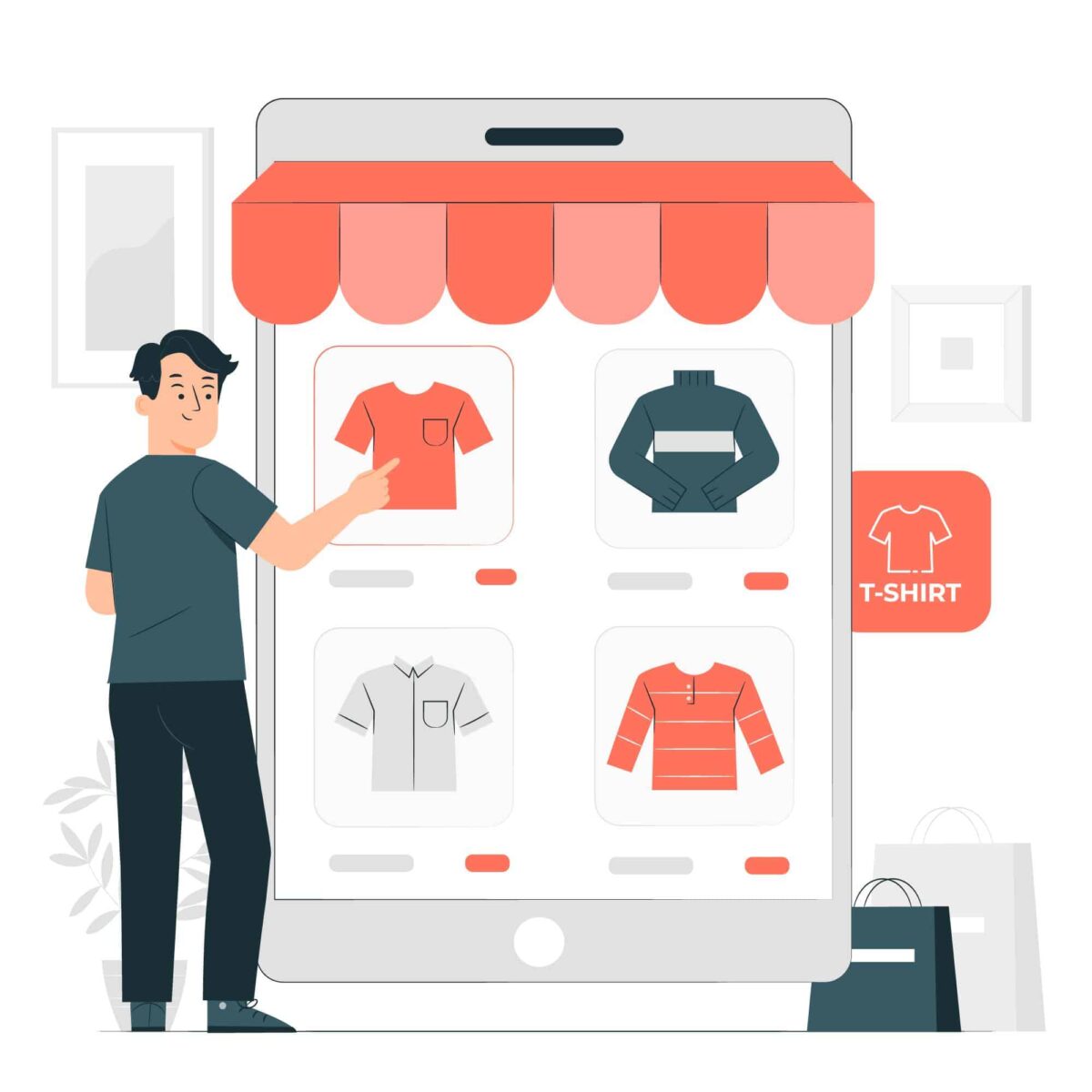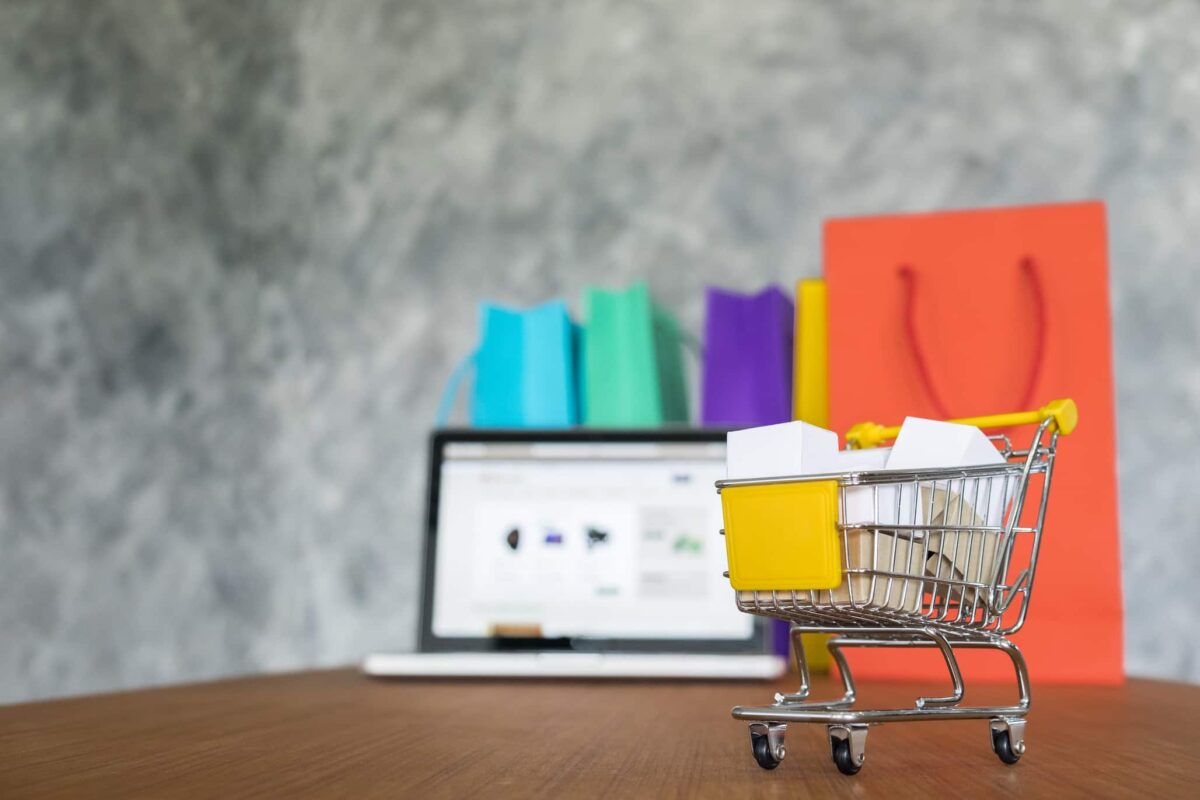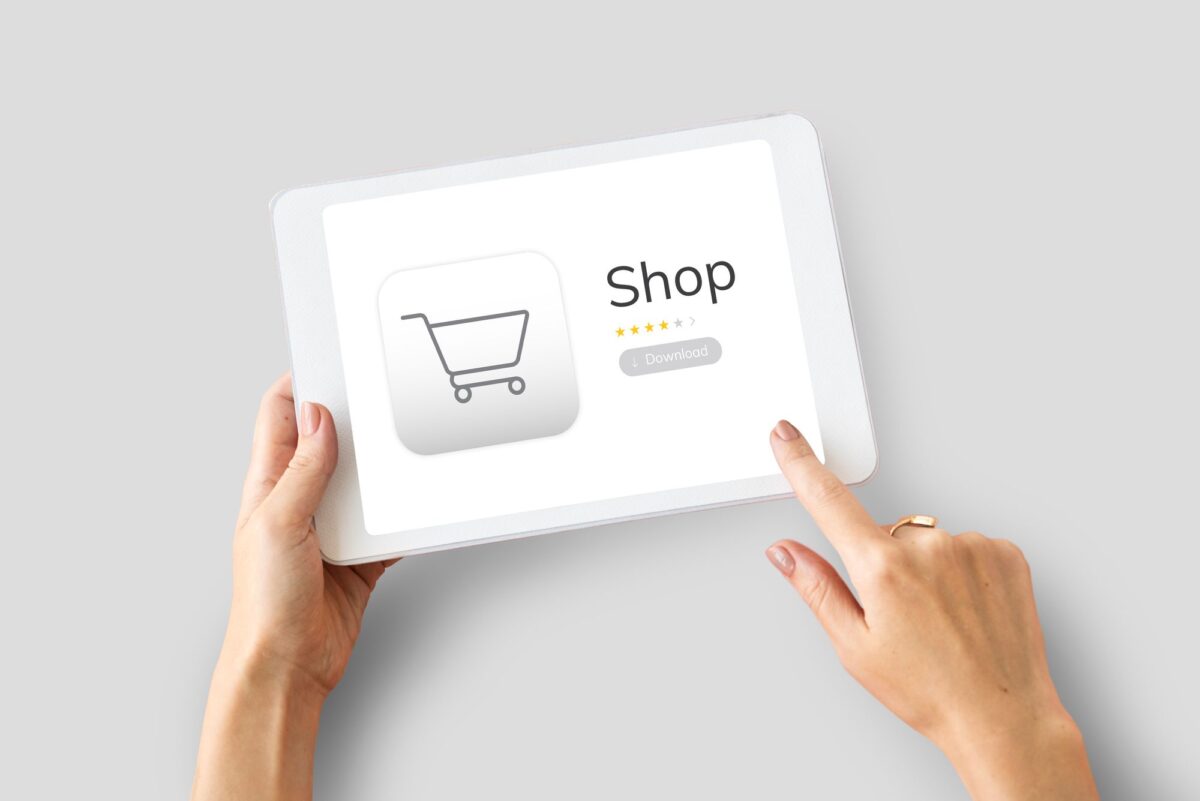The digital world is evolving at a rapid pace. A study conducted by Statista says that the global e-commerce sales are estimated to hit over $7 trillion by 2025. Speed, innovation, flexibility and agility are the driving force behind our successful e-commerce ecosystem that helps users to find, view and evaluate the content and purchase their desired products in a swift manner.
Unsurprisingly, online businesses today are turning to new technology, such as headless commerce and composable commerce that allows them to take an improved and best-of-breed approach. In this post, we will learn what is composable commerce and how Shopify enables businesses to leverage the best available tools without vendor lock-ins.

What is Composable Commerce?
Composable commerce simply means creating a unique e-commerce experience by choosing the best-in-breed solutions and ‘composing’ them into a single experience to achieve their unique business goals. Unlike traditional e-commerce platforms that offer one-size-fits-all solution from a single vendor, composable commerce is an approach to select the best tech from different vendors to power your store and stay competitive.
Composable commerce uses MACH (Microservices, APIss, Cloud, Headless) that enable systems to interoperate and make everything work under the hood.
Microservices – Microservices are self-contained business components that address specific business functionalities, such as orders, inventory, payments and others. They can be improved, updated or removed depending on changing business needs.
APIs – APIs are the standardized way of interacting with the system. This allows multiple functions and microservices to communicate with each other. They also offer incredible flexibility to businesses by allowing them to integrate multiple systems that work together to deliver significant business value.
Cloud – Cloud empowers the application with the capabilities of being more scalable and more flexible. This enables you to use a particular part of the application whenever you need and allow you to skip upgrades.
Headless – Headless allows you to separate the front-end user interface from the back-end logic, so you can continuously improve the customer experience without interfering with the back-end. Headless systems leverage APIs, microservices and the cloud technology to deliver exceptional user experiences.
How Shopify Has Paved the Way for Composable Commerce?
As one of the most popular e-commerce platforms, Shopify focuses on offering all the key elements required to manage an e-commerce store. It concentrates on introducing features that benefit the majority of the vendors. Retailers can access basic e-commerce functionalities, such as ordering, product management, checkout and payment transactions with ease. Moreover, online retailers don’t have to spend time working on the network architecture as Shopify takes all the measures to ensure high performance and scalability of the platform.
Shopify launched its advanced version known as Shopify Plus, which is a fully hosted enterprise-level platform that allows merchants to grow and scale their business according to their requirements. It enables merchants to manage every aspect of their virtual store from one single admin dashboard. Shopify Plus offers the same functionalities as Shopify, but with more improved features, including customized checkout and unlimited extensibility through intuitive APIs.
Both Shopify and Shopify Plus utilizes best-of-breed technologies from Shopify’s partner network that give them composable capabilities. Merchants can leverage its composable capabilities to quickly and efficiently expand their business while being focused on delivering incredible customer experiences. That means whenever you need to scale up your business, Shopify has apps that will help you expand your store and customize it to your heart’s content.
With over 6,500 apps in the app store, over 90 Shopify Plus Certified Apps and over 195 Shopify Plus Partners, Shopify seamlessly fits in the composable commerce category.
Headless Shopify
As we discussed headless is a part of composable commerce, Shopify also has mighty headless commerce capabilities. You can easily integrate Shopify with leading CMS and other front-end solutions that can transform any website into an online store. You can design responsive and engaging virtual stores using Shopify APIs.
Furthermore, Shopify can also easily integrate with multiple business systems, such as CRM, ERP, CMS and PIM. Thus, Shopify is not only easy to work with a number of pre-built solutions, but you can continuously extend your business to the level of customization you wish to have.
Shopify integration with apps
Since Shopify has great composable capabilities, you can easily integrate third-party apps to automate your processes, save your time and maximize sales. From order and inventory management to payment gateways, automating your email marketing campaigns and customer support, you can leverage top of the line apps with Shopify.
It is important to choose the apps that seamlessly integrates with other e-commerce apps. For instance, being able to integrate your email marketing tool with shipping app means your customers can receive automated emails about shipping. This shows the benefit of choosing the apps that not only integrate with Shopify, but with each other as well. Here are some popular e-commerce apps that further enhance your Shopify store’s abilities.
#1 Klarna
Klarna is a payment processing app that is enabled by default when you set up Shopify payments. It offers various payment methods, allowing your customers to pay the way they feel more secure and comfortable. The application comes with a ‘try before you buy’ feature that allows you customers to shop in confidence and pay within 30 days. Moreover, Klarna offers a credit service that enables customers to split the cost of their product into monthly payments while ensuring you receive the full payment upfront. Klarna lets your customers track purchases, report returns and get in touch with customer service executives.
#2 Klaviyo
Klaviyo is a popular SMS and email marketing tool that is particularly designed for e-commerce storefronts. With Kalviyo, you can segment your email list to target specific users before creating a campaign that sends out automated emails when any activity, such as price drop or cart abandonment is triggered. In addition, the tool comes with an inbuilt CRM platform that manages every communication between you and your customers. Klaviyo also works well with Klarna, so the moment you make the payment, Klaviyo will send order confirmation email to your customer.
#3 Gorgias
Gorgias is a complete customer service and customer support tool that you can add to your Shopify store. It works as a centralized support center for your customer service executives to help customers through live chat, track customer history, ticket generation and much more. For instance, if there is a failed payment on Klarna, Gorgias will help your customer generate failed payment ticket. In other words, it helps the e-commerce owner automate and streamline the process of delivering a satisfactory customer experience.
#4 ShipBob
ShipBob is an order and a logistics management service provider that delivers retention-worthy experiences. You can send your products to ShipBob and the company stores your products in its warehouse. As soon as you receive the order, ShipBob carries out all the order fulfillment and inventory management responsibilities on your behalf. It will pick, pack and ship products directly to your customers. ShipBob integrates with Klaviyo, so these communications are handled through Klaviyo.
Wrapping Up
Composable commerce is a new trend that is quickly growing in popularity because of the agility and flexibility it offers. It enables e-commerce owners to scale their business fast along with delivering extraordinary customer experiences and maximizing the return on investment. Additionally, it becomes cost-effective to run the business as you can use the essential features by comparing different vendors. If you are an e-commerce owner looking to implement composable commerce, but don’t know from where to begin, get in touch with Shopify experts today. Only highly skilled shopify developer can help you continuously optimize digital commerce experiences and combine best-of-breed services into an e-commerce-ready solution.
Also read: 7 Essential Things to Keep in Mind Before Building a Shopify Store



